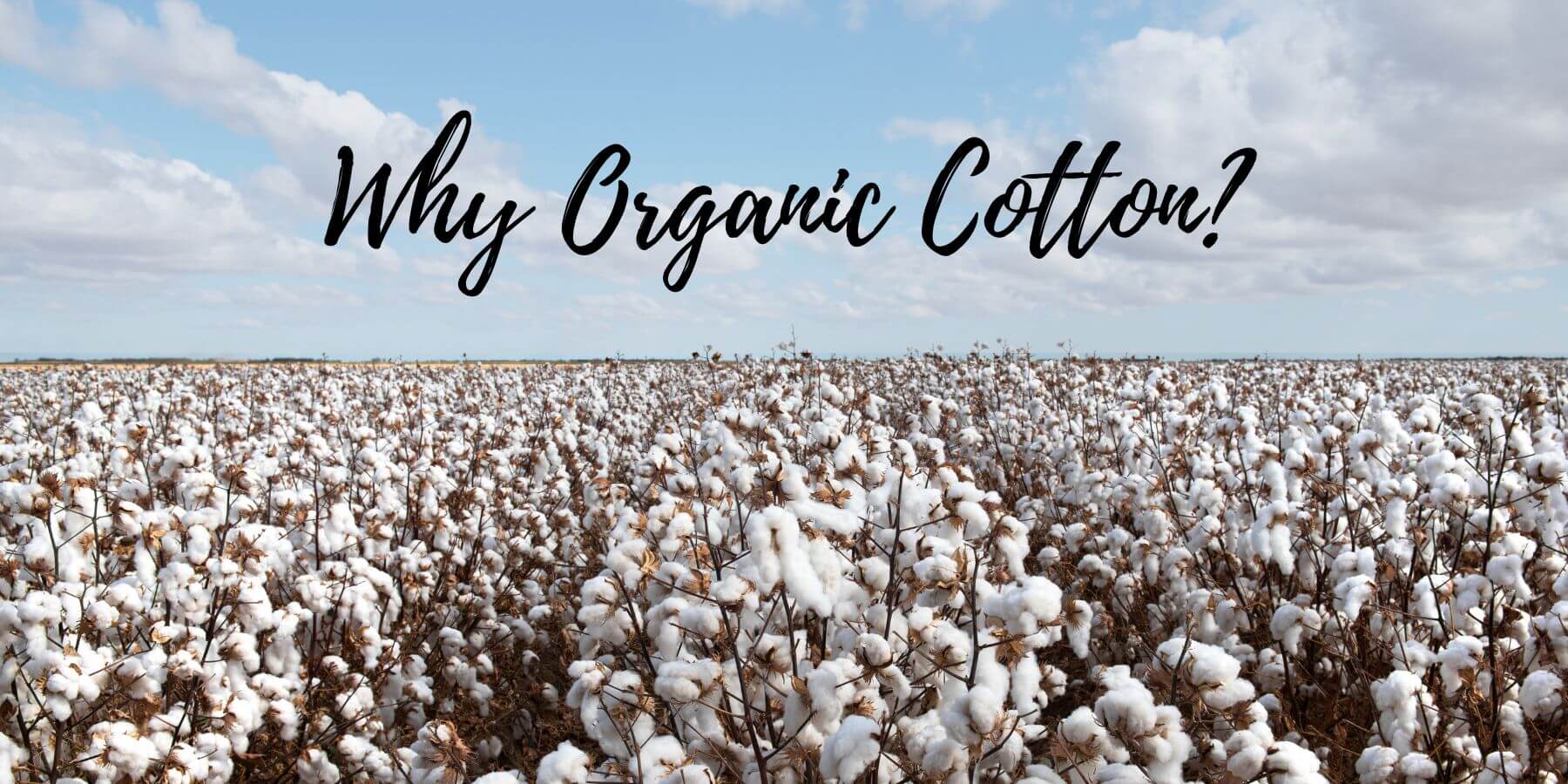
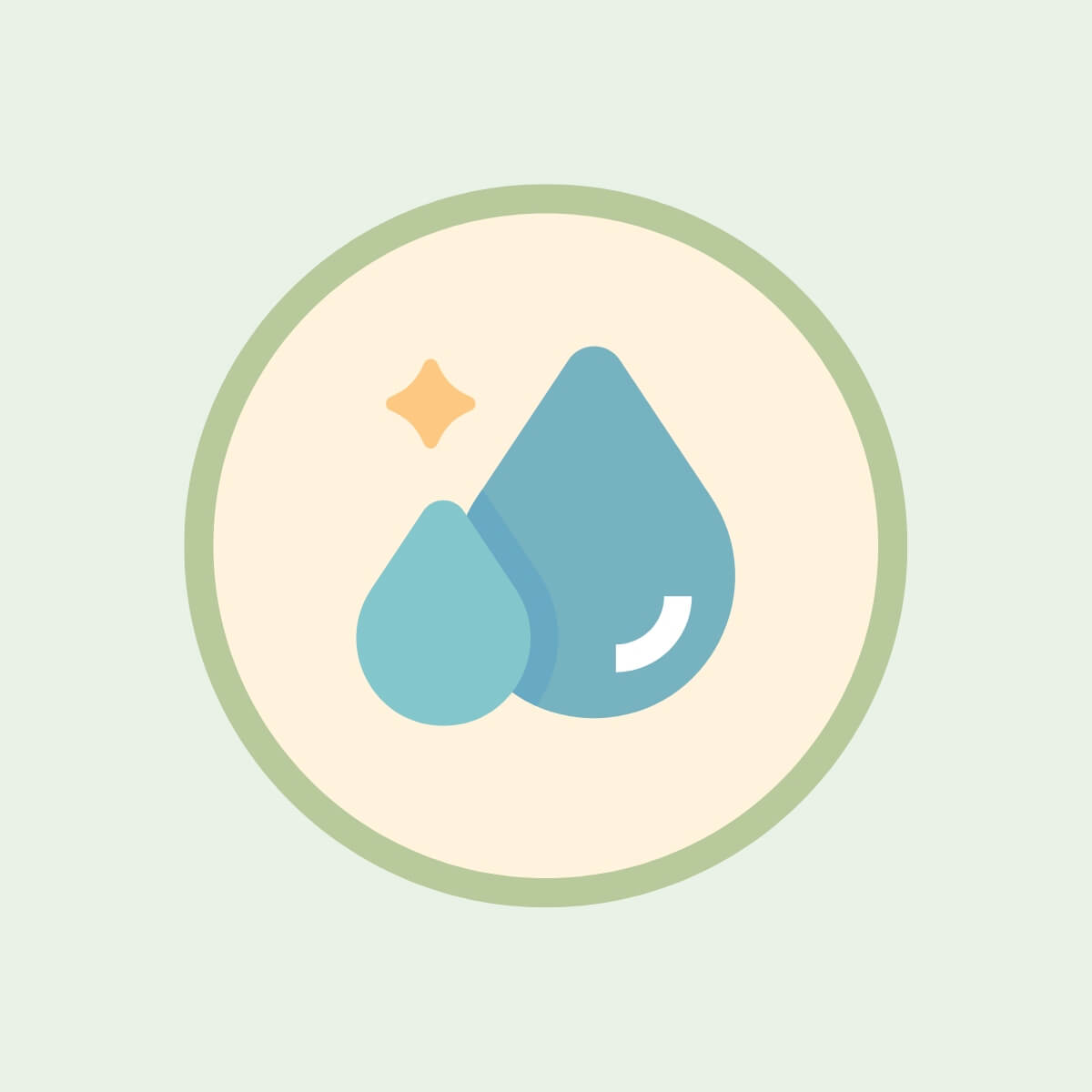
Best on Delicate Young Skin
Naturally Hypoallergenic & Eczema Friendly
Unlike synthetic fabrics like chemical rich nylon and polyester that can irritate a baby or toddler's delicate young skin, organic cotton's natural properties ensure clean and gentle exposure on sensitive skin.
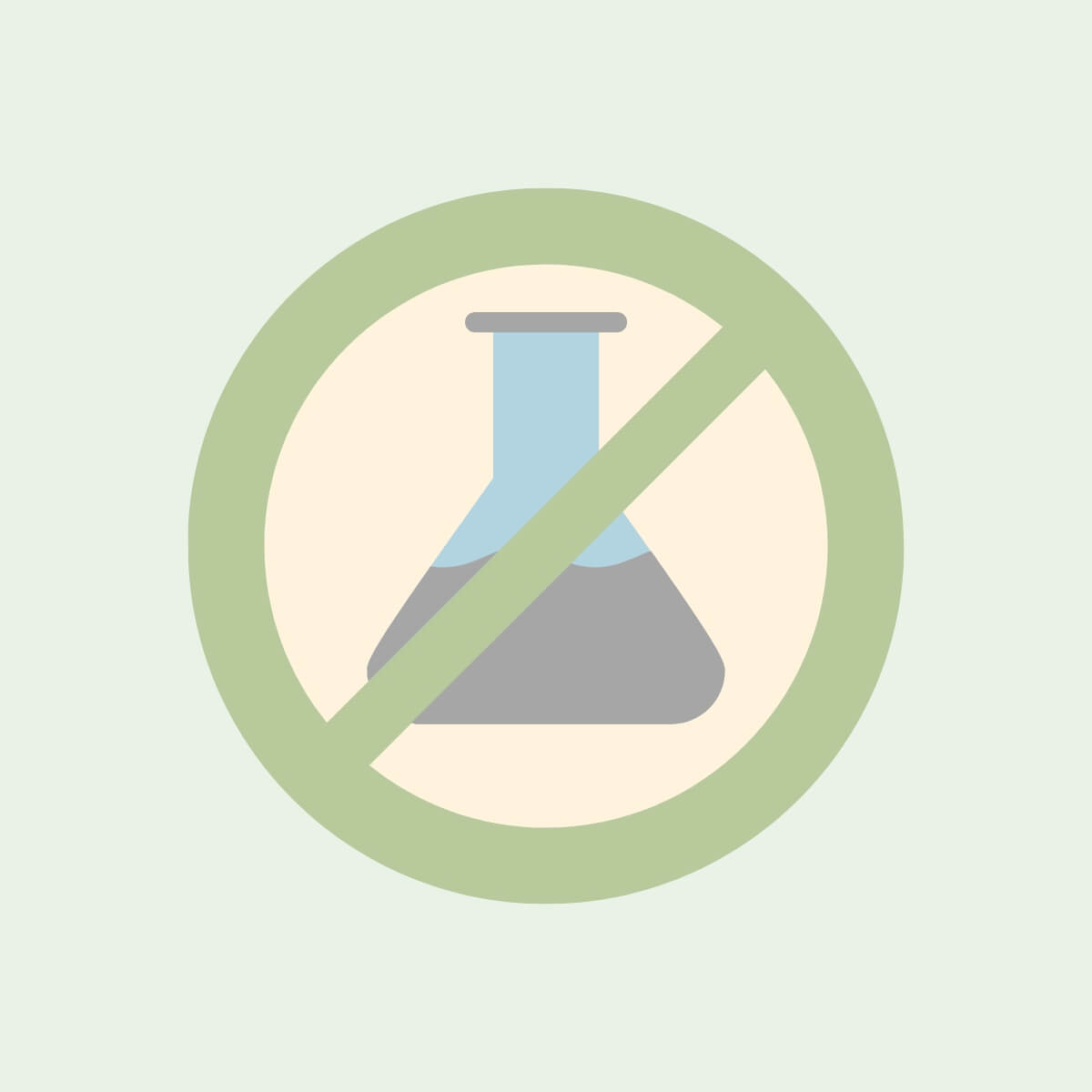
Healthier for Kids
No Dangerous PFAs
The Environmental Working Group's 2022 study reports that babies and kids are especially vulnerable to the toxic effects of “forever chemicals” known as perfluoroalkyl substances (PFAs) – high levels of which appeared in their tests of popular brands of baby clothes, shoes, and accessories.
In 2018, Harvard’s School of Public Health cited associated health effects of PFAs ranging across cancer, liver damage, decreased fertility, and increased risk of asthma and thyroid disease.
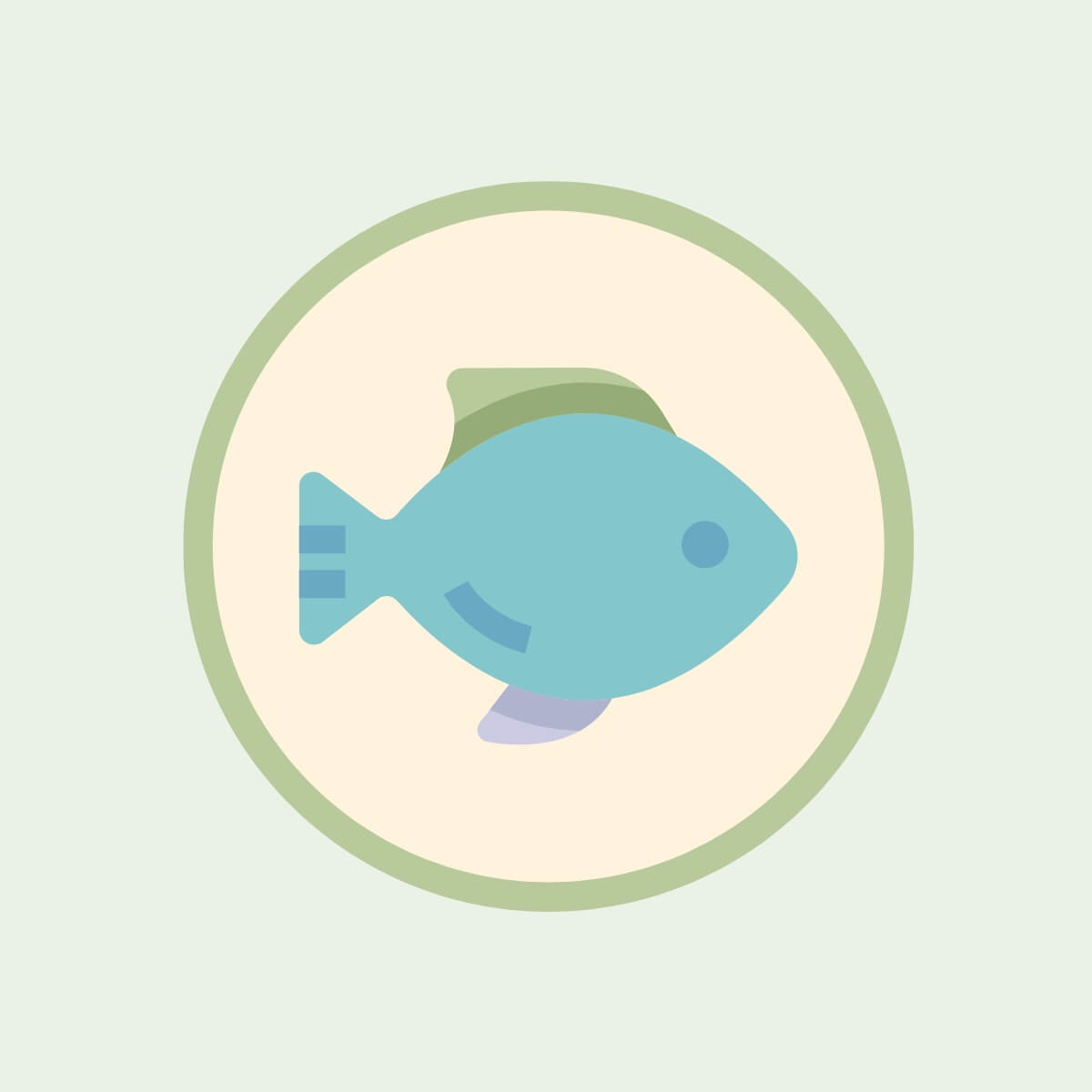
BETTER FOR OUR BODIES & THE PLANET
No Microplastics
Synthetic fabrics like nylon and polyester shed up to 500,000 tons of microplastics globally per year into the ocean from consumer home wash and dry cycles. They are eaten by sealife, then ultimately, consumed by humans.
The National Library of Medicine's 2020 report found that microplastics leach chemicals in human body tissues that act as endocrine-disrupting compounds (EDCs), or toxicants that imitate hormones when they enter the body. These EDCs are associated with hormonal cancers (breast, prostate, testes), reproductive problems (genital malformations, infertility), metabolic disorders (diabetes, obesity), asthma, and neurodevelopmental conditions.
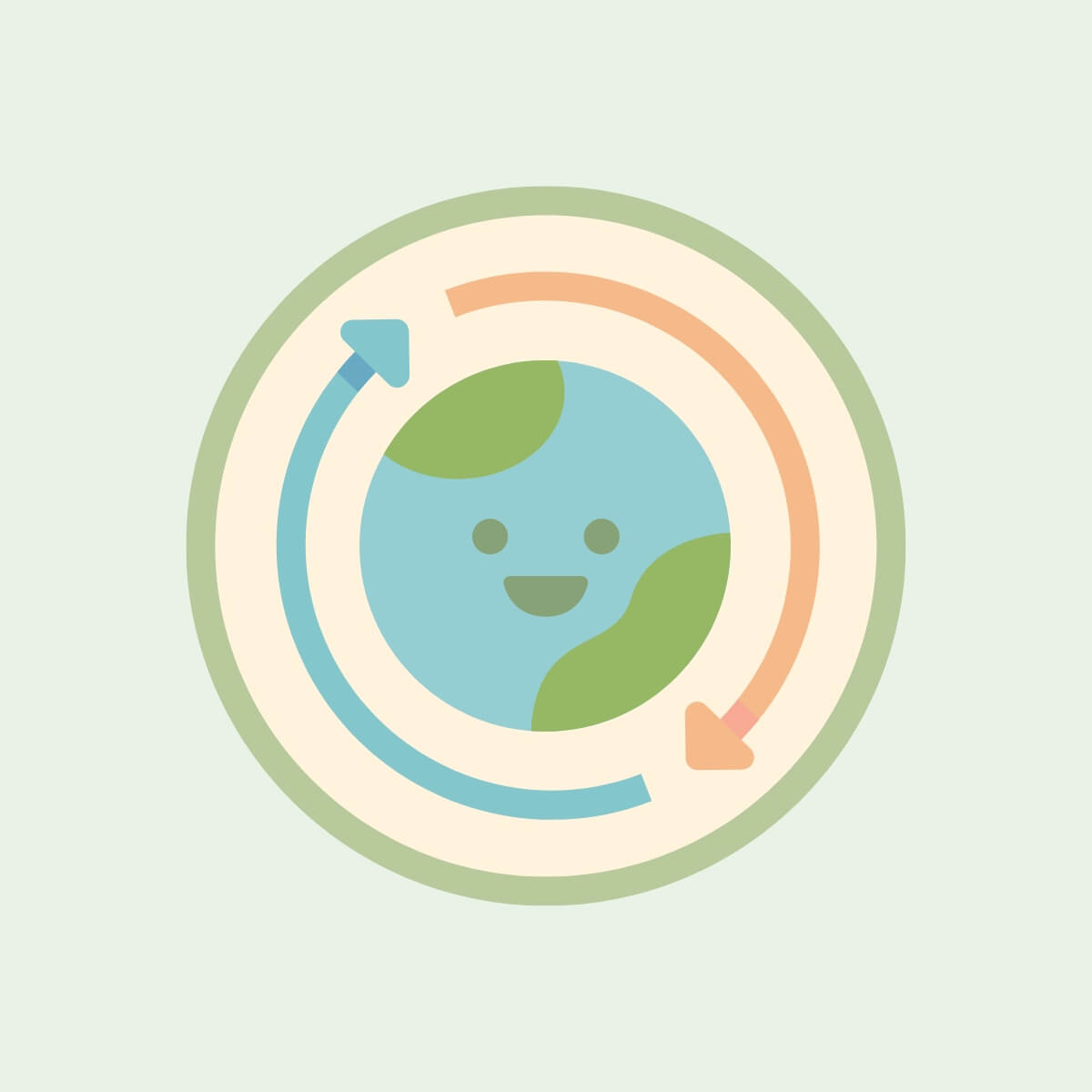
No Pesticides or Toxic Chemicals
Does Not Poison Our Ecosystem
GOTS Certification ensures that 100% organic cotton clothing fabrics are sourced without toxic pesticides and chemicals that pollute our land, water, and air, and kill vital organisms in our ecosystem, including the bees that pollinate our crops.
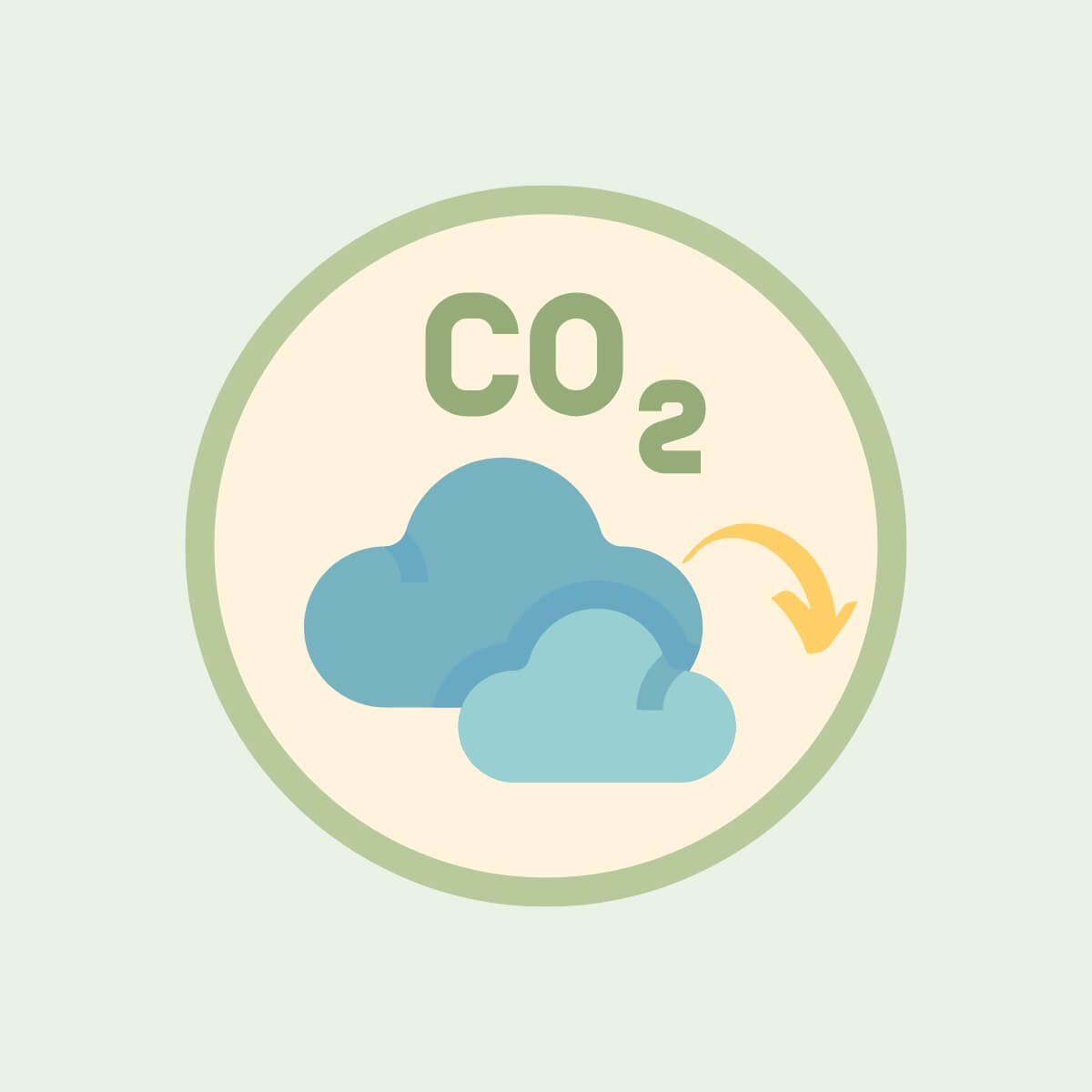
More Sustainable
Less Carbon Emissions
Several scientific studies and life cycle analyses have concluded that organic production methods significantly reduce greenhouse gas emissions and use less energy.
According to Green Story, organic cotton emits 78% less carbon emissions compared to polyester and 91% less compared to nylon. In addition, organic cotton fiber biodegrades in about six months, whereas synthetic fiber takes hundreds of years.
The textile sustainability nonprofit Textile Exchange conducted a Life Cycle Analysis study on organic cotton suggesting that, in specific conditions tested, organic cotton consumed 88 percent less water than conventional cotton.
Learn More
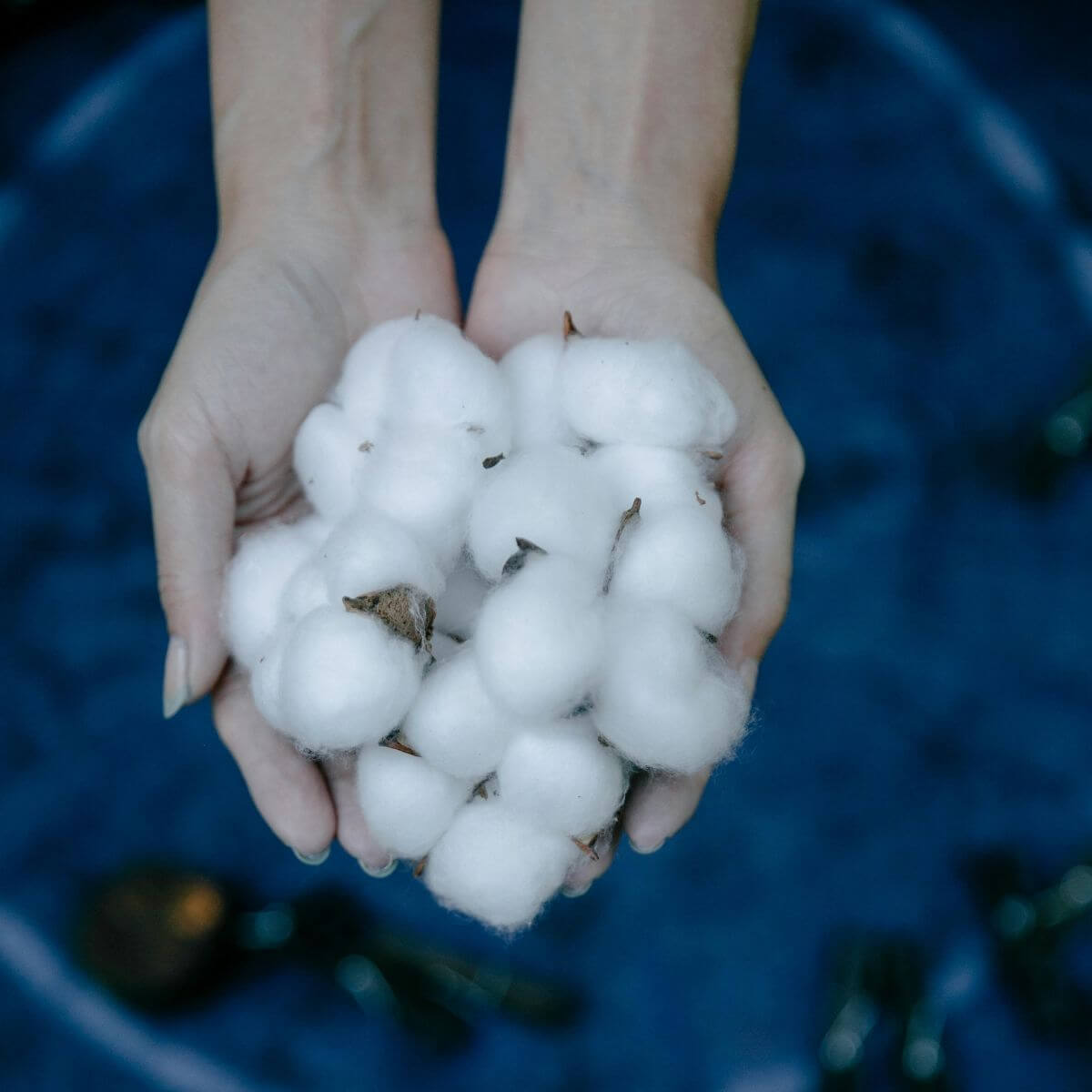
BLOG
Best & Worst Clothing Fabrics for the Environment Ranked
Among the biggest problems the fast fashion industry causes are overproduction of textiles dumped in landfills around the world and pollution of our natural resources like water, land, and air. To help you discern which clothing fabrics are healthier choices for your body and sustainable for the planet, we've rounded up and ranked the best and worst options according to their environmental impact in an easy to reference guide.
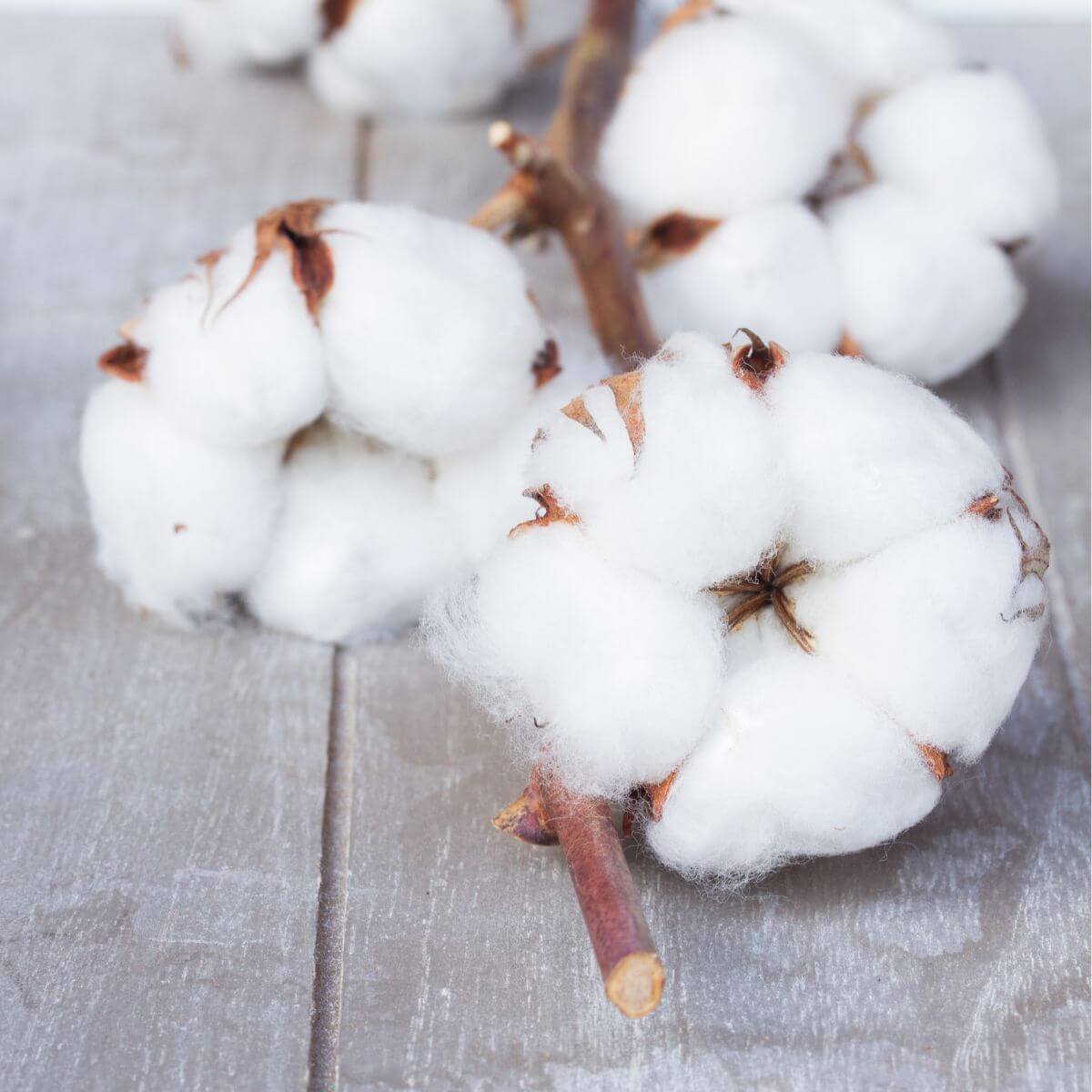
BLOG
13 Reasons to Shop (GOTS Certified) Organic Cotton
The Global Organic Textile Standard (GOTS) is recognized as the world's leading processing standard for textiles made from organic fibers. Not only does it require that the plants are grown without pesticides, it also requires environmentally and socially responsible manufacturing. It is because of these stringent standards that make GOTS Certified Organic Cotton a gold standard of fabric for both you personally and the environment.
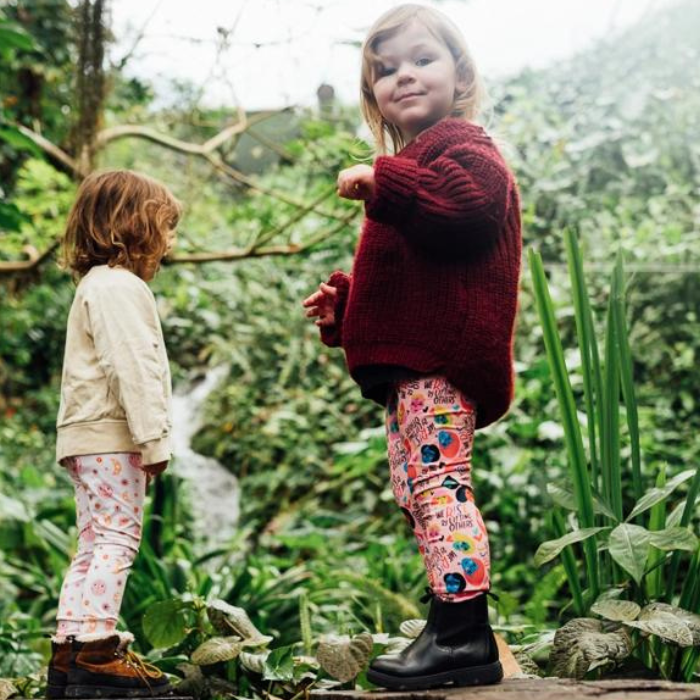
BLOG
Welcome to Young Eden
Young Eden is a new online store specializing in sustainable children’s apparel (aka slow fashion). Unlike traditional retailers, Young Eden exclusively sells baby and toddler apparel made from GOTS certified organic cotton and other planet-friendly materials.

BLOG
Young Eden Partners with San Francisco Golden Gate Mothers Group & Eden Reforestation Projects
We are proud to announce that Young Eden is furthering its mission by forging exciting new alliances with organizations that share our commitment to building a sustainable world for future generations.
